Health
-

Six cancers rising faster in younger adults than older ones
Large new global study fuels growing concern over trend of increases in several types

-

What’s next for GLP-1s?
Scientists eye new treatment targets for popular weight-loss drugs, from heart failure to addiction
-

Pricey blockbuster GLP-1s are costing users — and most of the rest of us, too
Health insurers are passing along cost for coverage in form of higher rates across the board, policy researcher says
-

Drinking 2-3 cups of coffee a day tied to lower dementia risk
Caffeinated tea also found to slow cognitive decline in study

-

New AI tool predicts brain age, dementia risk, cancer survival
Unlike other AI models, BrainIAC needs limited data to ID key neurological health indicators

-

It’s time to get more comfortable with talking about dying
Palliative care physicians offer advice for end-of-life conversations between patients, loved ones
-
Microneedle pill takes the sting out of insulin
A team of investigators from Harvard-affiliated Brigham and Women’s Hospital, MIT, and Novo Nordisk has developed a microneedle pill that can deliver an oral formulation of insulin that can be swallowed rather than injected.

-
Toward safer bone-marrow transplants
The combination of the antibody CD117 and the drug saporin selectively targets blood stem cells, making transplantation safer by limiting collateral damage caused by the current standard of treatment, chemotherapy, and radiation.

-
The science, business of aging
A half-day conference at Harvard Business School examined the growing promise of research on aging and the potential of now-experimental interventions to one day ease the burdens of infirmity.

-
A gathering to battle cancer
Amid projections that global cancer rates will skyrocket, researchers from around the country gathered at Harvard Monday to share their latest findings and to launch a center whose aim is to boost cancer early detection and prevention.
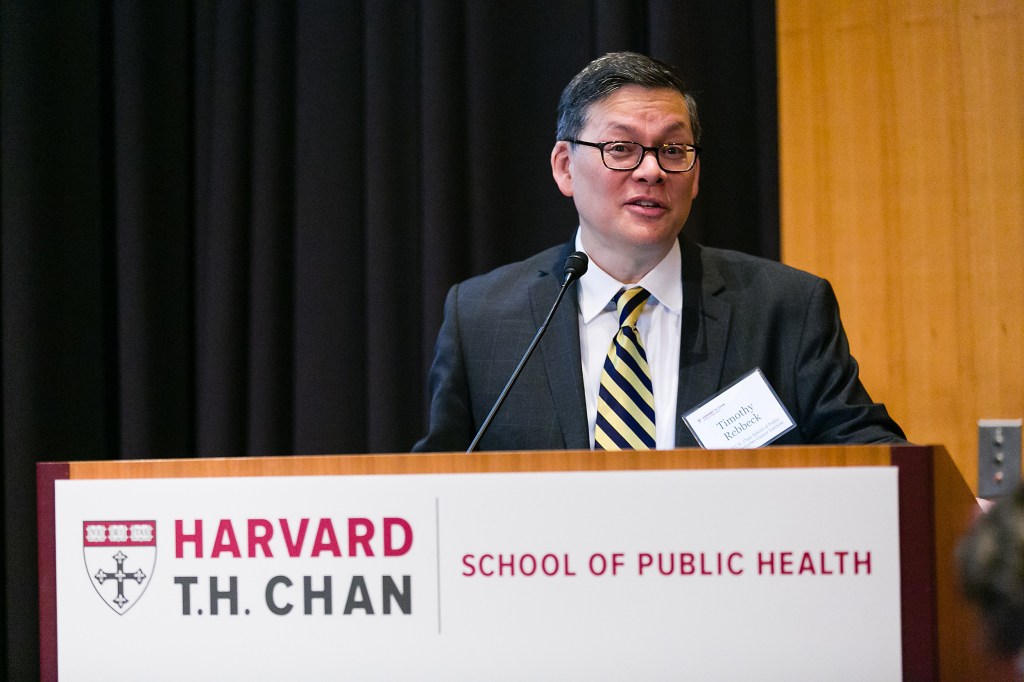
-
Spending dips on health care for the Medicare elderly
Health care spending among the Medicare population age 65 and older has slowed dramatically since 2005, and as much as half of that reduction can be attributed to reduced spending on cardiovascular disease, a new Harvard study has found.

-
Soldiers’ songs of pain — but also healing
A project to write songs using individual soldiers’ combat experiences appears to help them overcome haunting memories of war, lessening the impact of trauma held too close for too long.

-
Controversy over e-cigarette flavorings heats up
A new study finds two chemicals commonly used to flavor e-cigarettes may be damaging cilia production and function in the human airway.

-
Epidemic of autoimmune diseases calls for action
Scientists at the Harvard Stem Cell Institute are seeking ways to protect newly transplanted cells from autoimmune attack.
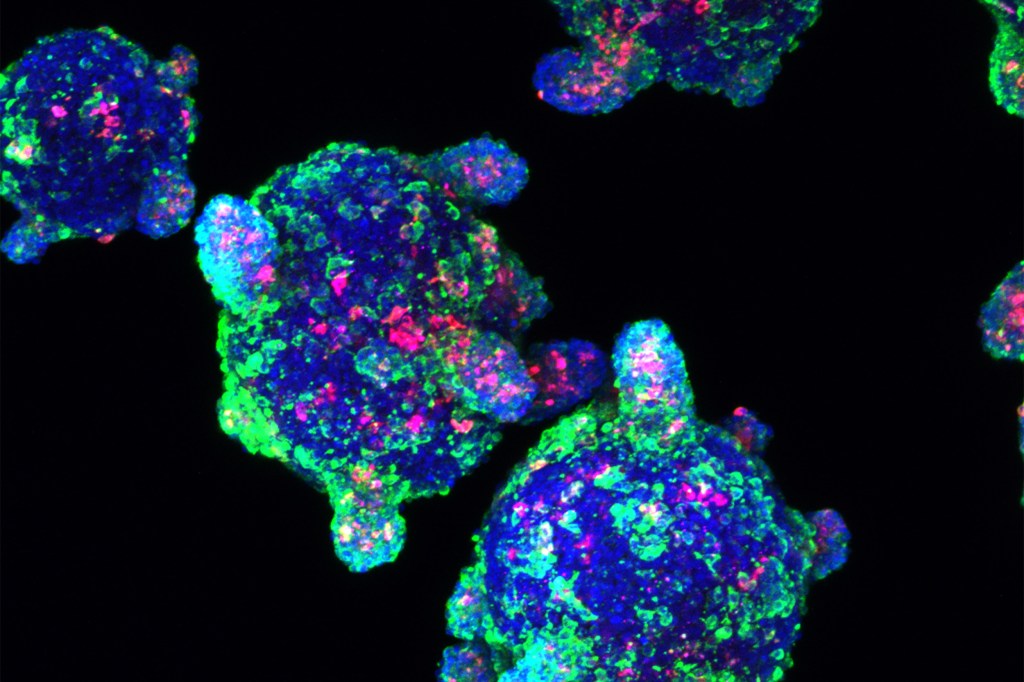
-
Early birds may be happier than night owls
A new study finds that being genetically programmed to rise early may lead to greater well-being and a lower risk of schizophrenia and depression.

-
The master of survival
Proteins produced by the tardigrade are suspected of playing a role in the organism’s resilience, ultimately providing the basis for human therapies that halt tissue damage and prevent cell death.

-
Summoning happiness to aid recovery
Reliving happy memories and anticipating pleasure boosted the moods of people recovering from addiction in a study conducted by researchers at MGH’s Recovery Research Institute who eye such exercises as a potential treatment tool.

-
Financial stress linked to heart disease risk among African-Americans
In a new study, researchers found that African-Americans who experienced moderate to high financial stress had an increased risk of developing heart disease compared with those who did not report such stress.
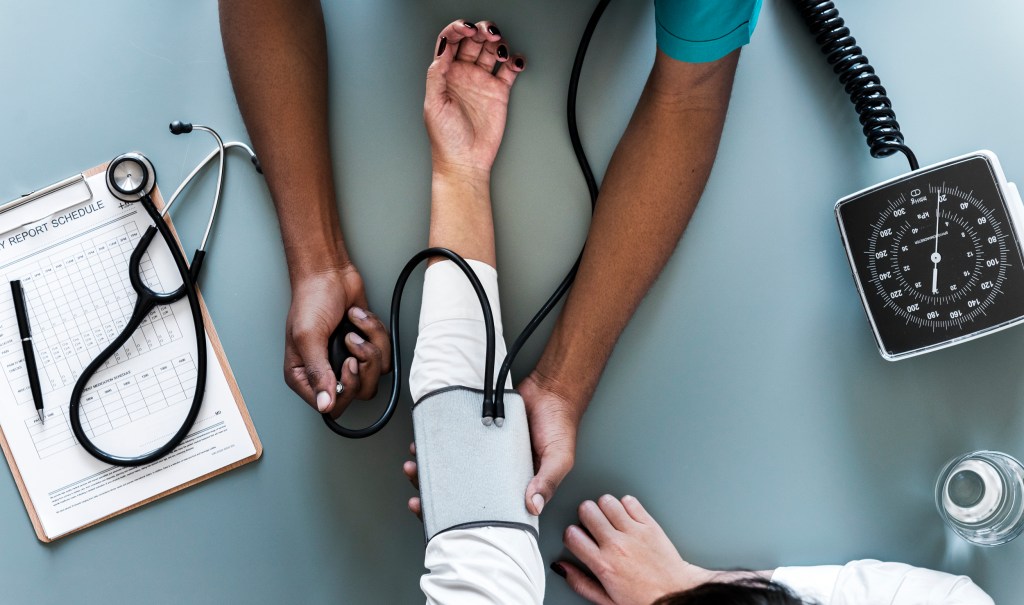
-
Patients and doctors see the upside to virtual video visits
Study finds virtual video visits, one form of telehealth visit used at MGH, can successfully replace office visits for many patients without compromising the quality of care and communication.

-
ZIP code or genetic code?
In the largest study of U.S. twins to date, researchers use insurance records to tease out the effects of genes and the environment in 560 diseases.

-
People with Down syndrome never stop learning
A new study from MassGeneral Hospital for Children looks at how people with Down syndrome continue to learn.

-
12-step guide to keeping those resolutions
Figure out what resolutions fit your lifestyle and then make them happen with some expert advice.

-
Study sees little danger from ondansetron during first trimester of pregnancy
A new study from Brigham and Women’s Hospital finds that pregnant women taking the common anti-nausea medication ondansetron during the first trimester have no increased risk of cardiac malformations and only a slight increased risk of oral clefts.

-
Teen vaping rising fast, research says
Amid studies showing e-cigarette use rising rapidly among teens, public health officials who recognize the devices’ potential to reduce health hazards discuss the need to tailor their message to keep the devices out of the hands of the young, according to the head of Harvard’s Center for Global Tobacco Control.

-
Widespread, occasional use of antibiotics linked to resistance
New Harvard Chan School study supports claims that antibiotic resistance in the U.S. is linked more closely to the widespread use of these drugs than to their heavy use among a small fraction of the population.

-
Transforming transgender care
With a $1.5 million gift, Harvard Medical School launched the Sexual and Gender Minorities Health Equity Initiative, a three-year plan to amend the core M.D. curriculum so that all students and faculty clinicians can become exceptionally well equipped to provide high-quality, holistic health care for sexual and gender minority patients of all ages.

-
‘Exercise hormone’ found to target key bone cells
Scientists have discovered that irisin, a hormone released by muscles during exercise, directly acts on key regulatory cells that control the breakdown and formation of bone.

-
Nerve-signaling pathway that drives sustained pain found
Harvard researchers have identified in mice a set of neurons responsible for sustained pain and pain-coping behaviors. The new study is the first one to map out how these responses arise outside the brain.
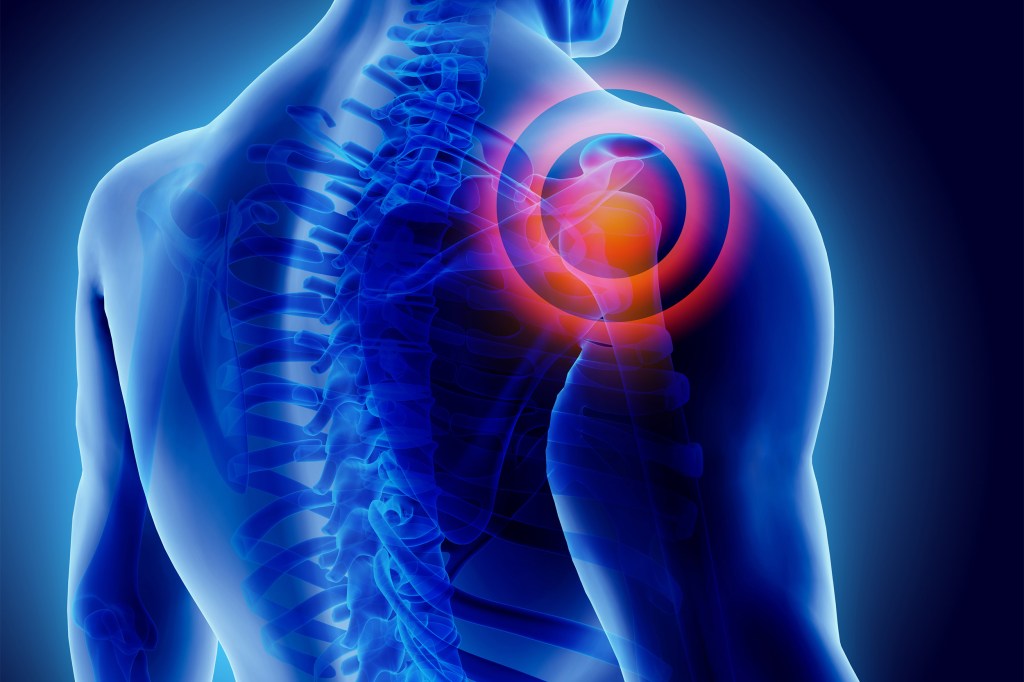
-
Rewinding the brain
Professor of Stem Cell and Regenerative Biology Paola Arlotta is seeking to develop a new tool to understanding brain function and dysfunction: self-generating brain organoids.

-
A nation nearer to the grave
Against a backdrop of recent jumps in drug overdose deaths and suicide, McLean Hospital psychologist R. Kathryn McHugh discusses the opioid crisis and increasing suicide deaths with the Gazette.

-
The mystery of the medicine man
A paper published earlier this year argues that shamanism develops as specialists compete to provide magical services to people in their communities, and the outcome is a set of traditions that hacks people’s psychological biases to convince them that they can control the uncertain.

-
Even among the insured, cost of illness can be devastating
Professor Robert Blendon of Harvard Chan School led discussion of a new poll that shows devastating costs in serious illness even among patients with health insurance.

-
10 dental grads give a nation something to smile about
Rwanda has a population of more than 12 million people and fewer than 40 registered dentists. This past fall, 10 graduates with a bachelor’s degrees in dental surgery joined their ranks, thanks in part to Harvard School of Dental Medicine.

-
Sebelius sees steady march toward universal health coverage
Former health and human services secretary Kathleen Sebelius gave the keynote at a Harvard Medical School event marking the 30th anniversary of the Department of Health Care Policy.

-
Zeroing in on long-term weight loss
The types of calories consumed may influence how likely you are to keep that weight off for the long term, according to a Harvard study.
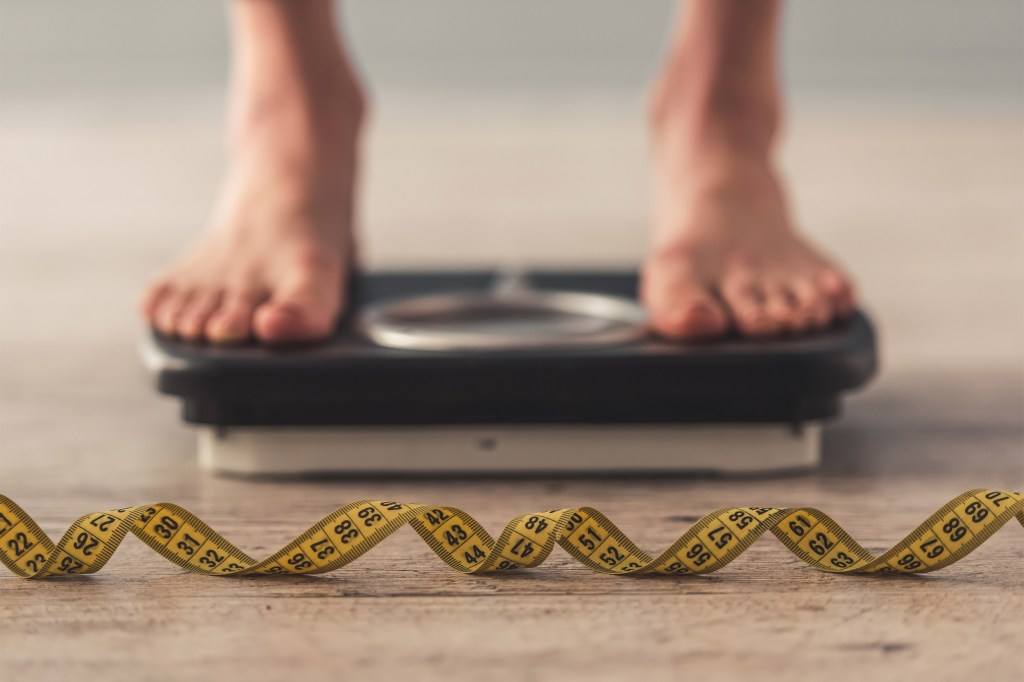
-
The difference a year makes
A Harvard study has found that children born in August in states with a Sept. 1 cutoff birth date for school enrollment have a 30 percent higher risk for ADHD diagnosis than peers born in September, which may reflect overdiagnosis.



